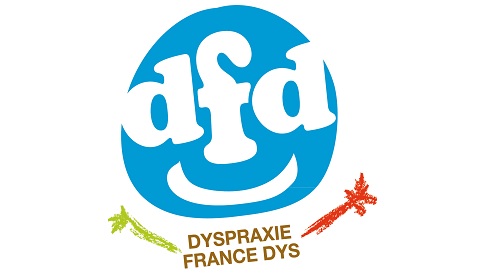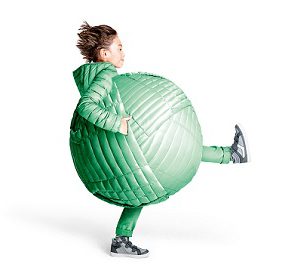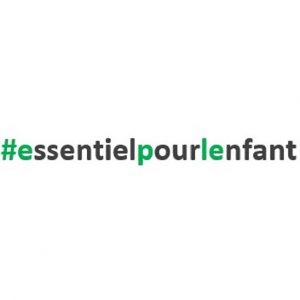

To coincide with the 21st European Disability Employment Week, ÏDKIDS organized a round table at its head office to discuss tailoring some of Okaïdi-Obaïbi’s products to meet the needs of children with dyspraxia.
The idea was inspired by a letter from the mum of a little boy with dyspraxia. She asked Okaïdi to consider designing a collection tailored to the needs of children with this condition. To address her concerns and help other parents in the same situation, Okaïdi organized a round table between mums from Dyspraxie France Dys and its own product managers.
Dyspraxia is a neurological condition that affects children’s coordination and movement. This means that someone with dyspraxia knows what they want to do but struggles to plan or do it properly. For example, dressing can be difficult, especially for children. They can find it hard to fasten buttons, lace up their shoes, close zips and pull on tight outfits. This type of disability is often invisible.
The mums from the charity shared their knowledge of best practice with our staff. Here are some of their tips:
- Opt for garments without buttons or with large buttons that are easy to fasten.
- Attach a small metal disc or strip to zip fastenings so that they are easier to grip.
- Buy reversible tops without inner seams and with wide necklines to make it easier to put them on.
- Attach gloves and scarves to jackets so they don’t get lost.
- Opt for slip-on shoes or shoes with Velcro fastenings.
- Devise a way to tell the left foot from the right. Regarding the latter point, Okaïdi already has a solution in the form of half a character printed on the insole of each shoe that children have to join together.
The meetings we held with these mums gave us a real insight into how we could improve our collections. We are now looking to make them simpler and more practical so that children can dress themselves, feel more comfortable in their clothes and save time in the morning.
Because we are convinced that increased independence helps children develop their self-confidence, our market managers, brand managers and design managers are working on the best ways to make our clothing more user-friendly and practical. The challenge is seeing how far we can go in redesigning and restyling our clothing and whether we can also offer a range of clever accessories such as zip pulls that make it easier to fasten coats. This project is fully in line with the brand’s values of putting children in the driver’s seat.
Valérie, a member of Dyspraxie France Dys, had this to say: “Before we met with your staff at Okaïdi head office we asked our member families to draw up a list of some of the difficulties their dyspraxic children faced with dressing, as well as some of their proposed solutions. We appreciated the product teams’ attentiveness and the high quality of our discussions. Lots of questions were asked and many clarifications given about this condition. A typical query was why zip fasteners need to be sturdier with larger pulls. We’d like to continue these discussions now that the round table is over. As parents of children with dyspraxia, we can make some useful suggestions. This collaboration is very encouraging and a way of recognizing all the work done by the volunteers.”
More about Dyspraxie France Dys
The charity was created in 2011 by the parents of children, teenagers and adults with dyspraxia and committed professionals. It seeks to foster awareness and recognition of dyspraxia as well as the detection, diagnosis and support of people suffering from dyspraxia (or suspected to be) with all its associated problems. It carries out its work through a national and a local network.







